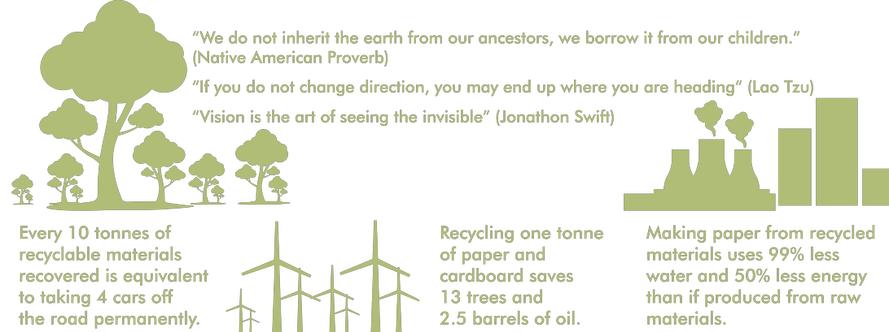According to media reports, the hotel policy stated: "Despite the fact that repeat customers and couples love our hotel, your friends and family may not. For every bad review left on any website, the group organiser will be charged £100 (maximum)". (At least they don't fine every member of the group leaving a bad review - only the group organiser!)
This reminds me of the 'business' thinking back home in a communist Romania, where you had only two choices: "take it or leave it". It was still flourishing in 2007, the last time I visited my home country. On a sunny spring day I tried to buy apples from the local farmers' market. As I'm used to (and take for granted) here, in Australia, I tried to pick the good apples from the bad ones. The seller told me I couldn't do that. "You buy them as they come. If you want to pick them, go and do that in the supermarket!" and he refused to serve me otherwise. Hence my money went to a big foreign supermarket that, by economies of scale, wouldn't care less which apples made it to the check-out - perky, juicy, rotten or apple pie - as long as they did! So, is it unfair for small businesses to fight the big competition by any means necessary? I don't think so. But is it advisable to do so and alienate the customer in the process? I wouldn't recommend it. Consumers are now more demanding; they have access to a wide variety of choices. They also have the opportunity to express their opinion (whether good or bad) and demand a level of responsibility from the businesses they deal with. The size of these business (small, medium or large) is irrelevant. It's all about sharing the experience. Many businesses offer the same product or service: that's what a healthy competition brings to the table. What makes a consumer come back or not, spreading the word or not, is that different and unique experience. It's the psychological impact or emotional response elicited by the purchase. It may be a pen that doesn't mess up your shirt with runny paste or doesn't hurt your fingers after using it for 15 minutes. It may be a night spent at a hotel and remembering that you felt or didn't feel away from home! As businesses, our final goal is to make a sustainable profit, to reach that bottom line. But let's not forget that even a small hotel in Blackpool can't expect to fine customers for inadequate services. After all, if they hadn't slightly anticipated bad reviews, why have a policy in place to stop these reviews from seeing the light of day (or an html, php or api script)? I'm not against contingency planning and risk management in any way! They're the foundation of a good crisis management strategy. But be careful what you wish (or plan) for! Would you fine your employee if they got injured on the job while using your worn-out, unsafe ladder? Of course not, just as you wouldn't fine your customers for not getting value out of their experience. Maybe this is not such big news - it wouldn't have been in another time, in another place... But the way we consume products and services today and the business models that we need to make sales are completely different even from ten years ago. And I still see entrepreneurs avoiding a digital presence out of fear for possible negative feedback. As a business owner, you shouldn't worry about negative reviews - whether online or offline. 'Policing' the customer for not liking what you offer will have its effect ripple. The way you respond to a less impressive opinion about your business is more important than your initial response and - good news - is reversible! As consumers, we tend to forget and forgive when companies apologise and make up for what we've lost in the process: money, time, effort, hope... and a whole lot of other emotions that we invest in purchases. The hotel refunded the couple, but it was too little too late. Timing is critical in managing customer relationship. And time is a scarce resource in the 21st century, don't waste it, act on it! My advice to the hotel manager would have been to refund the couple and change their policy immediately, not after trading authorities and the local council got involved. The whole situation is actually a bit funny, like a scene from The Faulty Towers! But it's not a movie, and in the real world, the customer has the power! Whether they're right or not. Let us know if you've ever dealt with a similar situation or if your business has policies meant to protect your reputation.
1 Comment
|
Author'Writing comes more easily if you have something to say.' (Sholem Asch). Archives
February 2024
Categories
All
|
|
PO BOx 7013
Spearwood WA 6163 ____ Proudly supporting the Prostate Cancer HELP Association |
|
Copyright ©2020 Ablaze Marketing . All rights reserved.



 RSS Feed
RSS Feed


